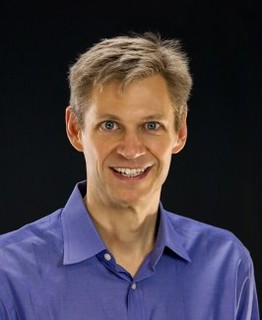
Can quantum enhanced sensing methods improve searches for fundamental physical phenomena? Indeed, the use of optical squeezing in gravitational wave observatories is a beautiful example that they can. In addition to this one prominent example, the search for dark matter offers several other near-term experiments that can, and perhaps must, use enhanced quantum sensing methods. In this talk, I’ll describe the case of searching for a hypothetical dark matter particle known as the axion, accelerating that search by using quantum squeezing approaches. In particular, I’ll discuss how quantum squeezing has been deployed in the Yale-based HAYSTAC apparatus to double the quantum-limited search rate for an axion. This modest fractional increase in search rate still corresponds to a large absolute reduction in the time or money needed to test the axion dark matter hypothesis, given the current estimate of thousands of years of search time per million-dollar experiment. As such, I’ll describe concepts and experimental progress for increasing the quantum enhancement by factors of 10 or more, and thus dramatically reducing the resources needed to test the axion hypothesis.
Host: Helen Caines.